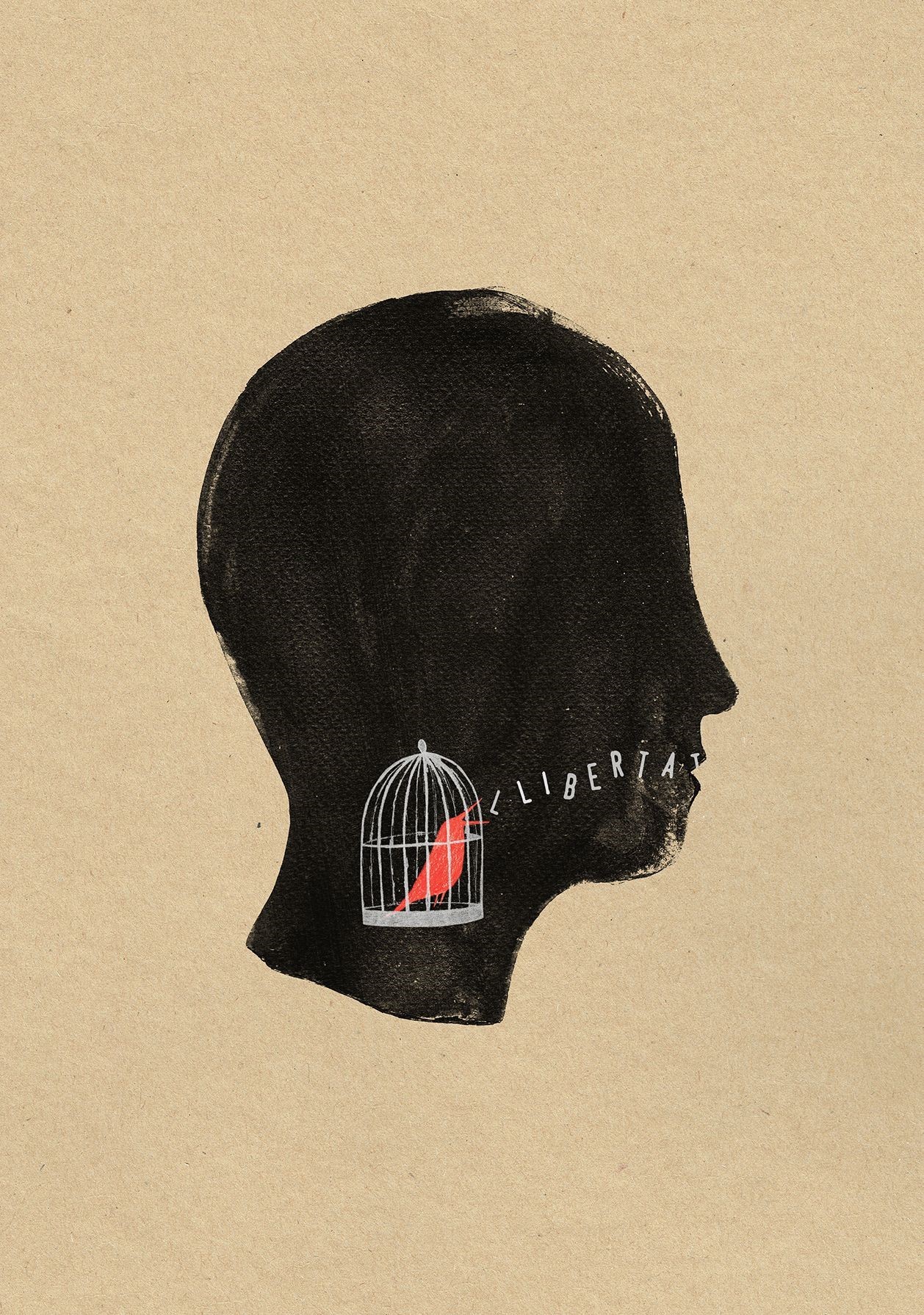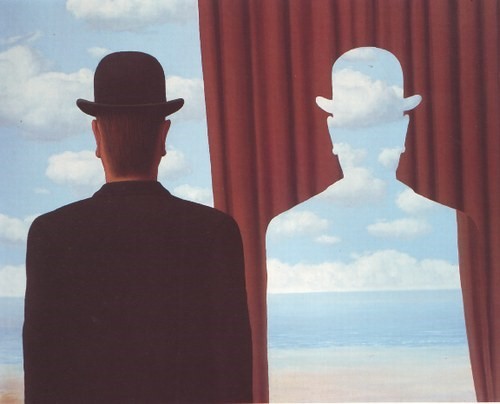What is a cultural shift?
Thank you, Ali Muràád Bàloç, for such an interesting question. To understand what one might mean by ‘cultural shift’, we first need to understand what we mean by ‘culture’. Friedrich Nietzsche described human beings as orphans of nature because, compared to other animals, we are all but devoid of instincts. Unlike other animals, humans are […]
What is a cultural shift? Read More







